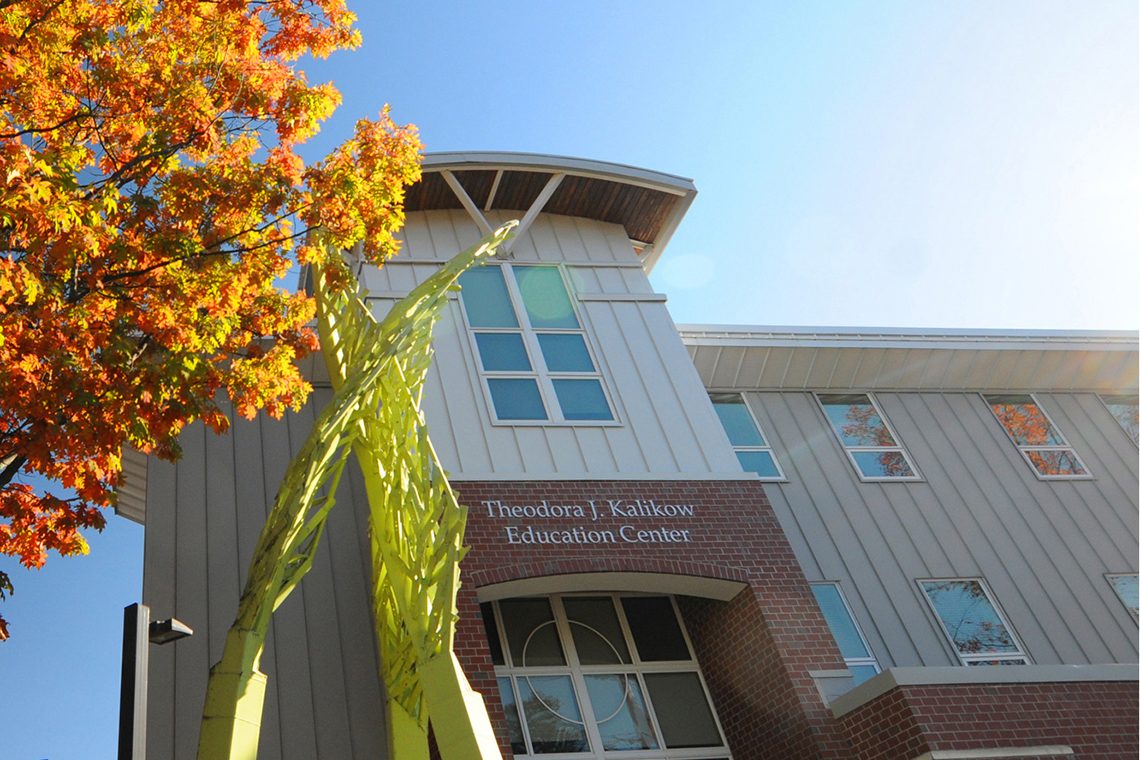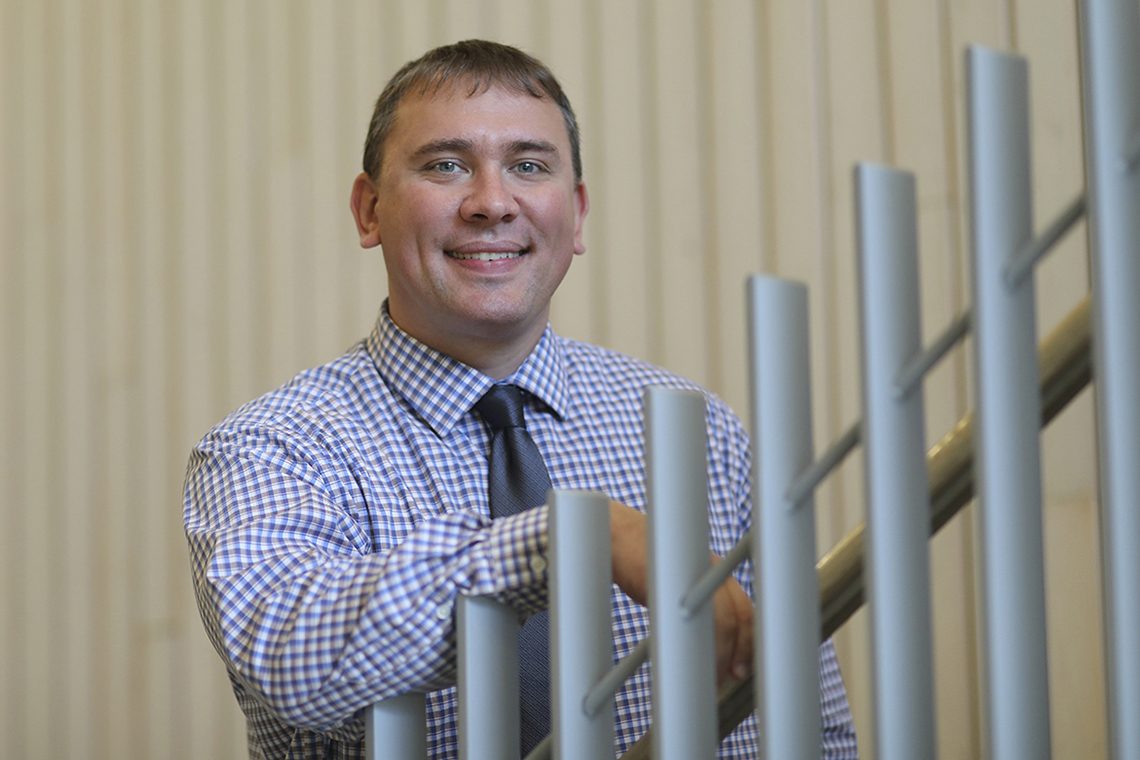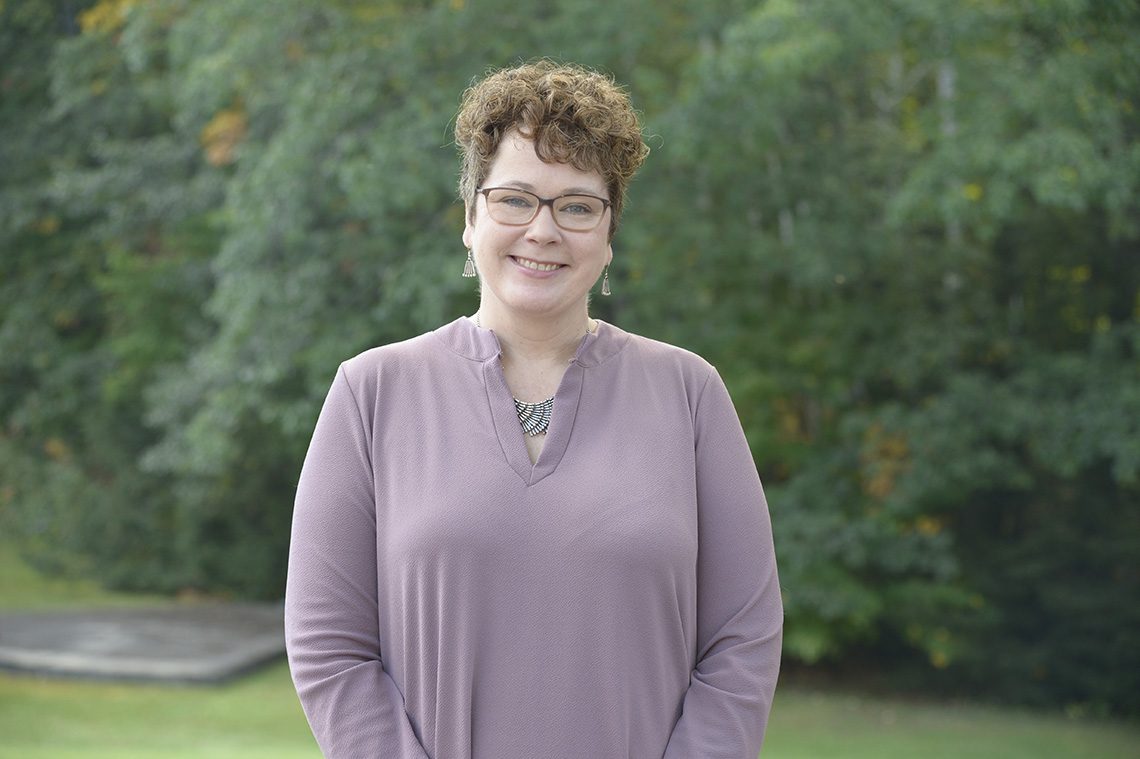FARMINGTON, ME (October 31, 2019)—The University of Maine at Farmington, a leader in teacher education, is proud to announce that it is offering a Master of Science in Special Education beginning spring 2020. This program offers pathways for undergraduate students, graduate students and adults working in the field to become certified special education teachers and help alleviate the serious workforce need in schools throughout Maine.
“Farmington has long been a leader in preparing well-qualified teachers for the classroom,” said Edward Serna, UMF president. “Deep-rooted in that leadership is UMF’s ongoing pursuit of how to best serve our students, local schools and the State of Maine, now and in the future. This new special education master’s program is a valuable next step in being responsive to the higher education needs of Maine citizens while helping meet the state’s significant workforce needs.”

The University’s new M.S.Ed. in Special Education program features a blended-delivery model of instruction, with 70 percent of classes offered online and the balance offered within the Theodora J. Kalikow Education Center on the UMF campus.
The UMF program offers undergraduate students an accelerated 4+1 program, in which they can obtain a bachelor’s and master’s degree in special education in five years instead of six. The program is open to undergraduate students enrolled in UMF’s bachelors in special education program or pursuing a 20-credit minor in special education at UMF. This gives students with a wide array of majors a pathway to certification as special education teachers.
For graduate students, many of whom are in the workforce already, the new UMF master’s degree program features a blended delivery model, offering course work that is 70 percent online and 30 percent face-to-face with in-the-classroom work on the UMF campus three Saturdays per semester. Unique in Maine, this flexible model provides working adults with the benefits of both online and in-classroom learning.
“While students acquire knowledge and skills through online learning, it is still important for them to have the interpersonal learning experience that a classroom offers in order to discuss, evaluate and synthesize what they’ve learned,” said Brian Cavanaugh, UMF assistant professor of special education. “This widely accepted best-practice model has students in the program interacting with faculty and course participants to personalize and enrich their learning.”

Brian Cavanaugh, UMF assistant professor of special education
For adult learners who have already earned a bachelor’s degree, are working in schools, and are seeking Special Education 282 Certification in Maine, UMF offers access to the new M.S.Ed. in Special Education through its longstanding Special Education Alternate Route to Certification (SPARC) program.
Especially popular among people who hold a bachelor’s degree and are working in special education settings as Educational Technicians, SPARC offers a set of online courses taught by experienced Special Education faculty and professionals that leads to state certification.
UMF’s SPARC program includes 13 online graduate courses offered on a rotating schedule. Participants in SPARC must have access to students with disabilities in order to complete online course assignments and can elect to take only the number of courses they need to meet the 24-credit requirement for Special Education 282 Certification in Maine. Students who have successfully completed nine credits through UMF’s SPARC program are eligible for admission to the M.S.Ed. in Special Education program.
“Students in the SPARC courses have asked persistently for a master’s degree in special education,” says Erin Connor, associate dean for Graduate and Continuing Education at UMF. “When your students push you to develop their next educational experience, you know you are on the right track. SPARC has taught us about the strong need for continuing education at Farmington. I hope the community will continue to inform our thinking about what programming we can offer that will help them achieve their professional goals.”

Erin Connor, UMF associate dean for Graduate and Continuing Education
The new Master of Science in Special Education program is also designed to provide students with the opportunity to specialize in areas of need within special education, such as assistive technology, inclusive education and leadership, low incidence disabilities or special education administration. This additional course work will be available through UMF or through collaborative options at other UMaine System campuses.
For more information on the new Master of Science in Special Education degree program, For more information on the new Master of Science in Special Education degree program, please contact the UMF Office of Graduate Studies 207-778-7502.
# # #
EDITOR’S NOTE:
Image: RP190-023A
Photo Caption: UMF Theodora J. Kalikow Education Center
Photo Credit: UMF Image
Image: RP190-023B
Photo Caption: Brian Cavanaugh, UMF assistant professor of special education
Photo Credit: UMF Image
Image: RP190-023C
Photo Caption: Erin Connor, UMF associate dean for Graduate and Continuing Education
Photo Credit: UMF Image
April Mulherin
UMF Associate Director for Media Relations
office: 207-778-7081
cell: 207-491-0064
april.mulherin@maine.edu

